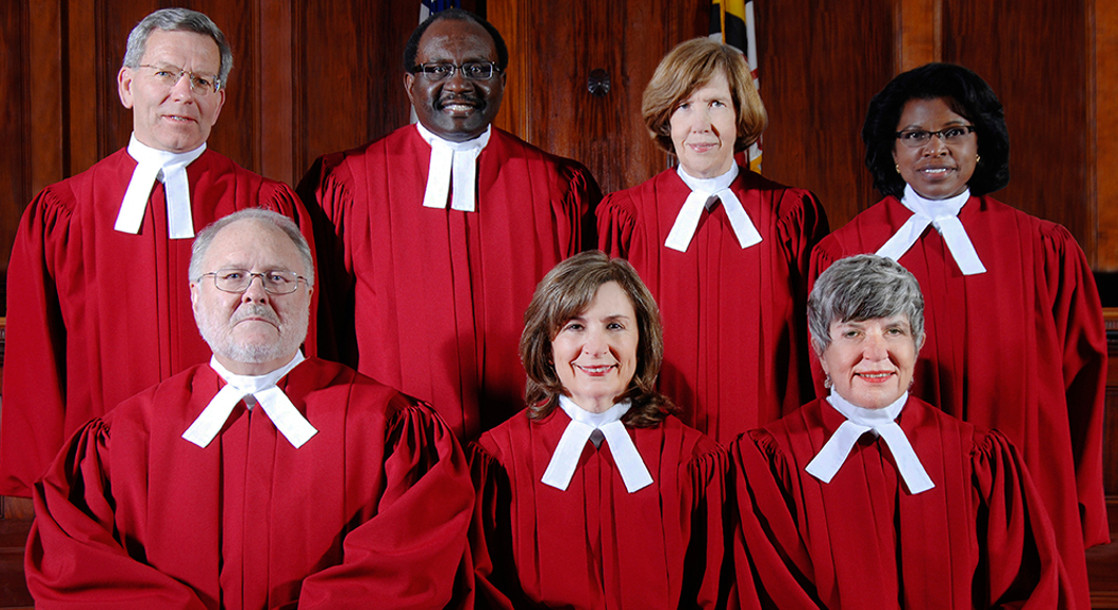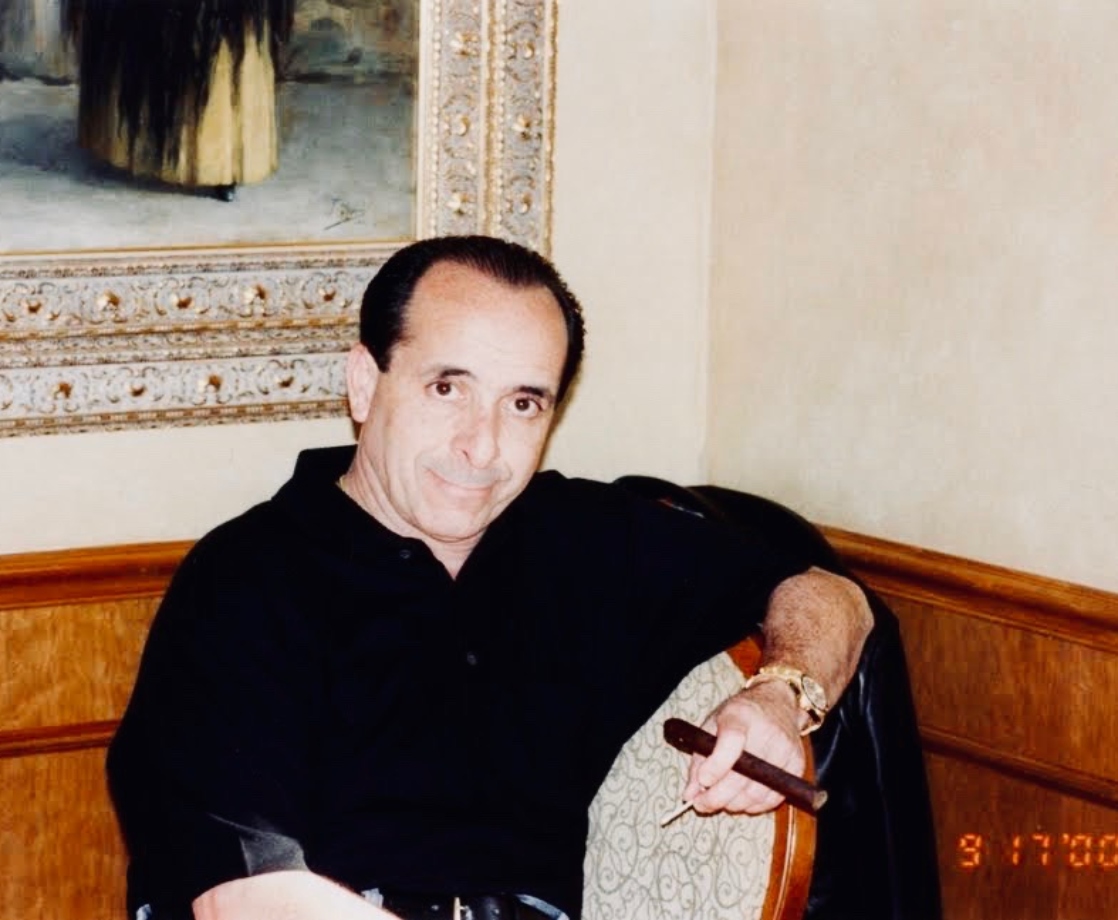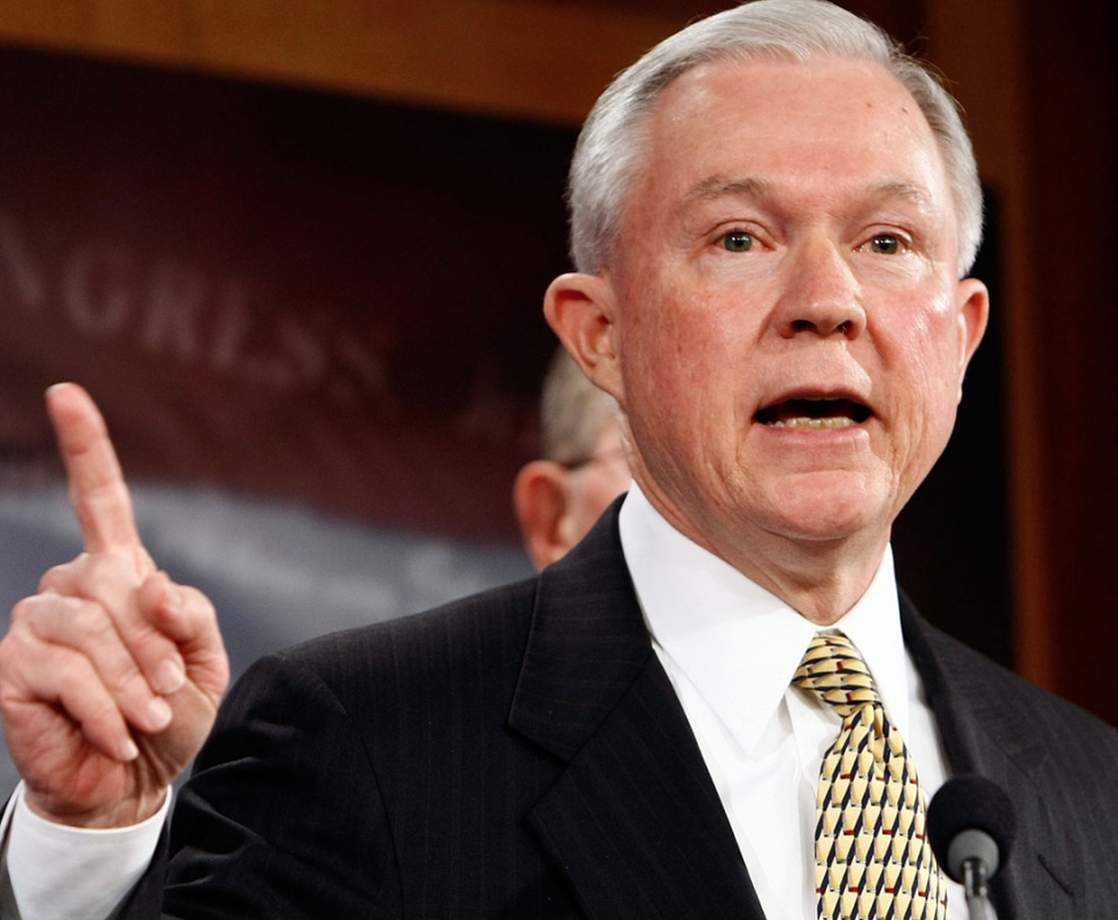Maryland's highest court has blocked a Baltimore judge from holding a hearing to consider whether or not to put the state's embattled medical marijuana program on hold. At the heart of the issue is a lawsuit alleging that the Maryland Medical Cannabis Commission did not consider racial diversity when selecting which growers to award preliminary licenses to.
Last week, Circuit Judge Barry Williams issued a temporary restraining order to prevent the MMCC from issuing any additional cannabis cultivation licenses. In the ruling, Williams said that companies without final licenses were not allowed to have a say in whether or not the licensing process should be stopped.
A hearing was scheduled for last Friday to discuss the implications of putting the industry on hold versus allowing it to continue despite the “potentially unconstitutional” decision not to address the racial diversity of the license holders. The companies appealed Williams' ruling, arguing that they had already invested millions of dollars in their businesses since being approved by the state.
"Our clients played by the rules and have spent hundreds of millions of dollars," said Alan Rifkin, an attorney for the growers. "They have a right to be heard."
The Maryland Court of Appeals issued a stay in the case “until further notice,” which has blocked the hearing and will allow the licensing process to continue – for now. "We're happy that we can move forward," said Jake Van Wingerden, chairman of the Maryland Wholesale Medical Cannabis Trade Association. "The battle is not over. We won a skirmish."
The appeals court's decision does not detail the next steps in the process, leaving the future of the state's MMJ program uncertain. George Dolin, professor and co-chair of the Center for Medicine and Law at the University of Baltimore School of Law, believes that the emergency stay suggests that "the court doesn't have time to figure out its next steps, but they see that things could progress in a way that can't be unwound."
"All of these competing interests should be heard by our representatives in the General Assembly," said Kate Bell, attorney with the Marijuana Policy Project. "This is something that should be resolved by elected officials who have accountability to the taxpayers, not the court."











